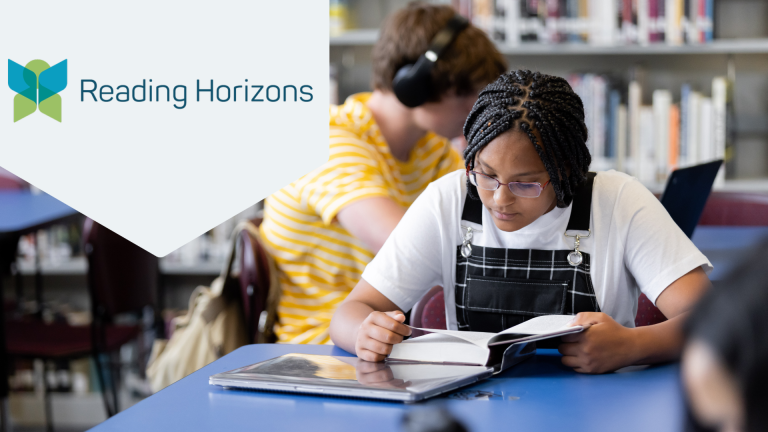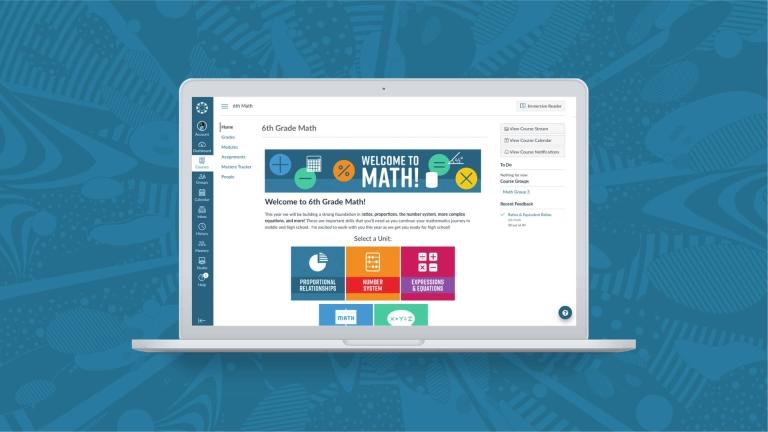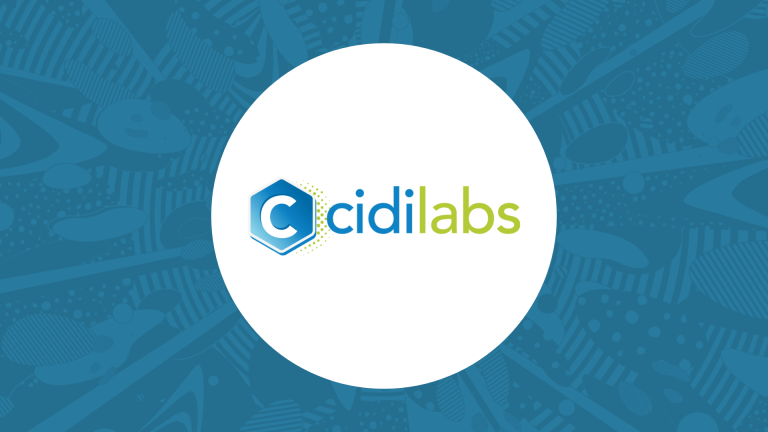
In this series, we highlight four edtech solution providers who are building an evidence base for their solutions in alignment with the Every Student Succeeds Act (ESSA) and in partnership with educators and students. In this edition, we talked with Stephanie Myers, VP of Research and Impact at Reading Horizons about what’s behind their evidence-building efforts.
Reading Horizons, which offers a science-based, tech-supported, foundational reading program focused on equipping educators to help all their students read proficiently, is not a new edtech company. Indeed it has been around for nearly forty years.
Throughout its existence, the company has always worked to keep pace with advancements in the science of reading, but the team felt that the need for research was especially critical as we emerge from pandemic-related disruptions to in-person learning. Stephanie Myers, Reading Horizons’ Vice President of Research and Impact puts it this way, “We feel compelled to meet this moment in literacy recovery. We’re relentless on research.”
To generate the research on their products they wanted, they looked for an evidence partner that could provide expertise and capacity. LearnPlatform by Instructure fit the bill, helping the Reading Horizons team select research questions, develop a data collection strategy and determine varied ways to measure implementation.
The Reading Horizons team is committed to continuing their research work and agrees with LearnPlatform’s philosophy that research should be iterative and ongoing. Through their work with LearnPlatform, Myers points out that they identified further questions to address in future work, such as: “What specific elements of our instructional method result in the ease of implementation? How can we make implementation even more seamless? Are results in the third or fourth year of implementation similar to results in the first year?“
According to Myers, Reading Horizons also recognized that while they show strong results in increasing reading proficiency in kindergarten, they do not have the same amount of research on outcomes amongst first and second grade students. They aim to address that in future studies. The team has already doubled down on their research agenda, with up to ten studies in progress or planned for the 2022-23 school year and nine studies planned for 2023-24, up from six in 2021-22.
As an added benefit, this research has also led the Reading Horizons team to meet with and engage in transparent conversations with their district partners with far greater frequency than might otherwise be possible, creating highly collaborative provider-practitioner partnerships. This has provided a valuable balance of qualitative feedback from educators and quantitative feedback from formal research. It has also led to product improvements, the development of on-demand professional learning, and implementation recommendations and immediate adjustments. Myers explains, “It’s been fantastic to work so closely with districts. They get to be a partner in this research and see our commitment firsthand.”
When asked what she thinks about the current momentum shift toward evidence in the market, Myers says “We have a great deal of hope that evidence will become THE leading factor for district purchases. We need an EdReports for evidence.”
Visit Reading Horizons to learn more about its offerings for education organizations.
Related Content
 Teaching-With-Tech-10-Benefits.jpg
Teaching-With-Tech-10-Benefits.jpgBlogs
 cidilabs.png
cidilabs.pngBlogs
 canvas_x_tg_logo_lockup_780_x_520.png
canvas_x_tg_logo_lockup_780_x_520.pngBlogs